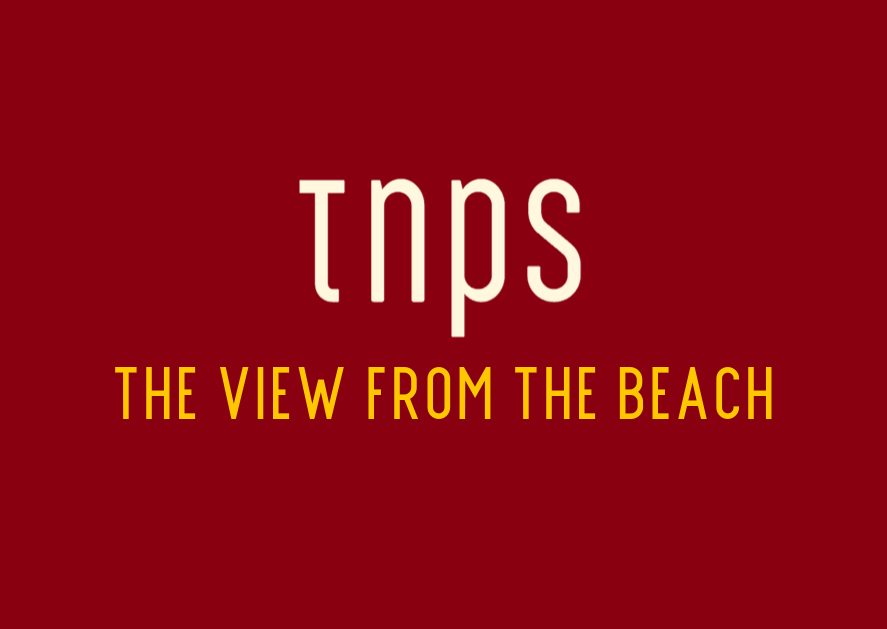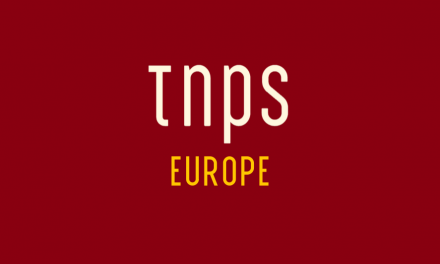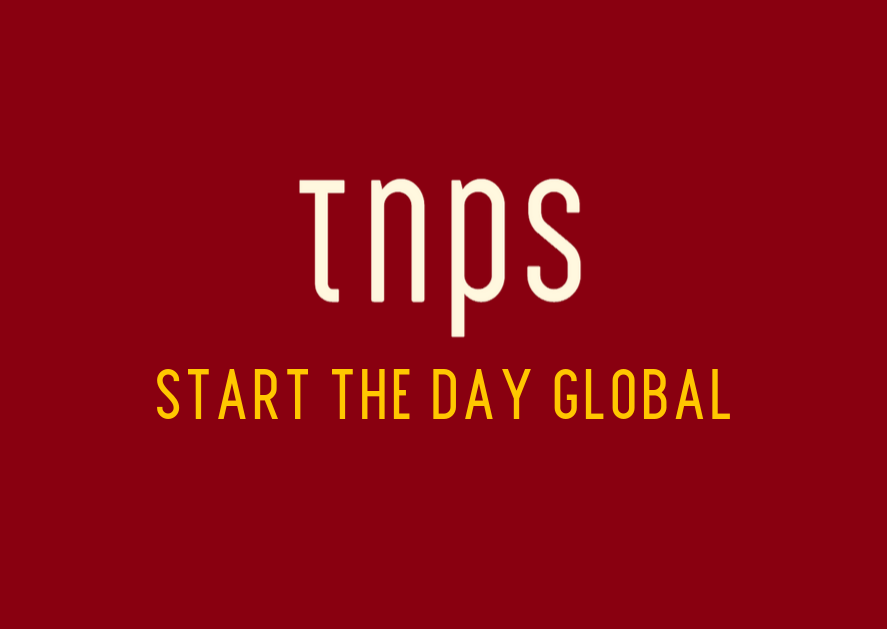Publishers need to be asking themselves, if they seriously aren’t ready to open their offices because they think it is not safe to do so, why on earth they think it might be acceptable to ask staff to attend book fairs that, with the best protective measures in the world and all the vaccine certificates you can count, will be far more crowded and pose far more risk.
The Wall Street Journal led this week with an article about how many US firms are re-thinking their back-to-office plans in light of the Pandemic’s refusal to bow to half-hearted containment measures. Two years is now being talked of as a likely timeline.
And fears, if that’s the right word, are being raised that remote working might after all become the New Normal many have touted.
Per the WSJ:
Many employees developed new routines during the pandemic, swapping commuting for exercise or blocking hours for uninterrupted work. Even staffers who once bristled at doing their jobs outside of an office have come to embrace the flexibility and productivity of at-home life over the past 18 months, many say. Surveys have shown that enthusiasm for remote work has only increased as the pandemic has stretched on.
The WSJ quotes Intel Corp. CEO Pat Gelsinger as saying,
If you have a little blip, people go back to the old way. Well, this ain’t a blip. There is no going back.
Check out the full WSJ article for many more examples of how office working is unlikely ever to return to its pre-Pandemic status.
And then spare a thought for the news this week that Penguin Random House UK, HarperCollins UK and Bloomsbury will not, repeat not, be attending Frankfurt 2021 in person this year.
While many industry big names have provisionally committed, many more are playing safe long before it becomes clear how the Pandemic will fare as summer gives way to autumn.
Check out this post from The Bookseller to see who is planning on being live at the Buchmesse this year, always supposing it goes ahead with an in-person element.
Of more interest to us here is why the aforementioned big names in the industry are not ready to commit.
PRH UK and PRH US told The Bookseller simply:
From a UK perspective, we will be attending and supporting this year’s Frankfurt Book Fair virtually in an effort to keep our colleagues safe.
Kathleen Farrar, for Bloomsbury, offered a more revealing and industry-significant analysis:
The various lockdowns have shown us that we can work productively remotely, and this year and are conducting our own digital roadshows. We have worked hard to pivot to digital selling and have reaped the rewards alongside our customers in international territories, but we are looking forward to a time when we can meet our customers in person.
Let’s hear that again: “The various lockdowns have shown us that we can work productively remotely. We have worked hard to pivot to digital selling and have reaped the rewards.”
Not good news for book fair organisers desperately trying to revert the industry to the old ways of the pre-Pandemic world, and by extension not good news for the book fair support industries (airlines, hotels, catering and of course booksellers on the floor).
The Bookseller quotes Canongate Books as saying it will be,
Holding digital meetings through October and organising a new titles showcase webinar for our sub-agents.”
While Rebecca Wearmouth, head of international rights at literary agency Peters Fraser & Dunlop, explaining the agency’s decision to attend the Buchmesse digitally only, said,
From conversations with agencies and editors around the world, it seems this is the decision the majority of the international publishing community has made also. Besides, our schedules for October are already filling up with digital meetings and I’m not sure how, practically, one would conduct a hybrid of physical and digital meetings whilst at the fair.
Bloomsbury’s Farrar and FDP’s Wearmouth inadvertently sums up three key themes of this essay – the safety issues surrounding attendance, the value of attendance, and the bigger-picture reality that digital is no longer an afterthought in the industry, but now plays a pivotal role.
It’s a topic explored just a few days ago here at TNPS as the Beijing International Book Fair shuttered in the last minutes before opening.
I said then:
China of course is not Europe or North America, but the current complacency in the run up to the autumn fairs season and the casual assumption that the spring 2022 season will go ahead just like in yesteryear seems especially ill-advised just now.
Publishers need to be strategising about Pandemic Y3 as a very realistic prospect, not making plans based on wishful thinking about how it might be all over in a few months. Book Expo America showed us just how dumb that approach was.
Let me here remind you of the above-mentioned comment to the Wall Street Journal by Intel Corp. CEO Pat Gelsinger, who said:
If you have a little blip, people go back to the old way. Well, this ain’t a blip. There is no going back.
Sentiments I’d already expressed in the TNPS post on the Beijing International Book Fair debacle:
Eighteen months on and the watershed is part of publishing reality. There is no going back, and what matters now is how far publishers are willing to bet against digital and against the coronavirus, in the hope things will return to the “old normal”, or how far they are willing to embrace a hybrid future where digital is a conscious and thought-through part of their business strategy and the “new normal” becomes “normal”.
The literally last-minute cancellation of the Beijing Book Fair today is a fiery reminder of the precariousness of publishing’s position globally as the northern climes winter approaches.
The decisions by PRH, Bloomsbury, HarperCollins, Canongate, FDP and many others to not attend the Buchmesse this autumn are part of that understanding of the new reality.
It is a huge risk, to staff and to the company coffers, to be even thinking about attending Frankfurt in person this year, with the Pandemic showing ever sign of out-pacing and out-evolving the best science can throw at it, even if by some miracle regular people started taking preventative measures seriously.
The latter isn’t going to happen, of course. There will always be too many who hide behind supposed principles to follow their own selfish desires.
The world simply cannot afford more enforced lockdowns like we had in 2020.
And the Pandemic will continue to out-evolve science just so long as preventative measures remain soft.
Wishful thinking that the Pandemic is almost over is just that: wishful thinking.
The publishing industry needs joined-up thinking about what the future is likely to hold, not what we’d desperately like it to hold.
Publishers need to be asking themselves, if they seriously aren’t ready to open their offices because they think it is not safe to do so, why on earth they think it might be acceptable to ask staff to attend book fairs that, with the best protective measures in the world and all the vaccine certificates you can count, will be far more crowded and pose far more risk.
And book fair organisers need to ask themselves why they so desperately need to pretend the Old Normal is back and it is safe to hold in-person book fairs when it so clearly is not.





